May 23, 2019
Demand outstrips supply for Edinburgh office space
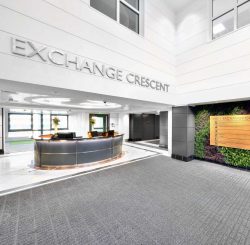 The majority (90 percent) of Grade A deals for commercial offices in Edinburgh so far this year came from the tech sector, according to Savills, resulting in TMT being the most active business sector of the first quarter of 2019. Key deals included Amazon signing for 30,000 sq ft at Exchange Crescent and Epic Games taking 10,000 sq ft at Quartermile 2. This reflects that fact that over the past five years, Edinburgh has seen employment growth of 7 percent in the professional scientific and tech industries and is forecast to see a further 11 percent over the next five years; resulting in a projected 3,800 net additional jobs in these industries
The majority (90 percent) of Grade A deals for commercial offices in Edinburgh so far this year came from the tech sector, according to Savills, resulting in TMT being the most active business sector of the first quarter of 2019. Key deals included Amazon signing for 30,000 sq ft at Exchange Crescent and Epic Games taking 10,000 sq ft at Quartermile 2. This reflects that fact that over the past five years, Edinburgh has seen employment growth of 7 percent in the professional scientific and tech industries and is forecast to see a further 11 percent over the next five years; resulting in a projected 3,800 net additional jobs in these industries







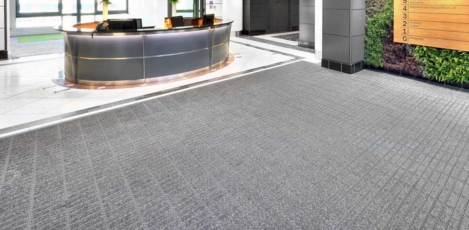
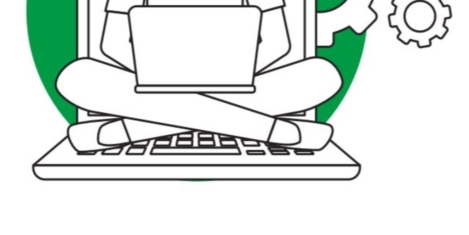
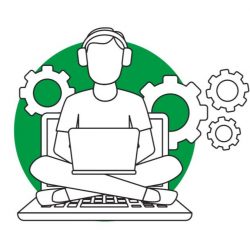
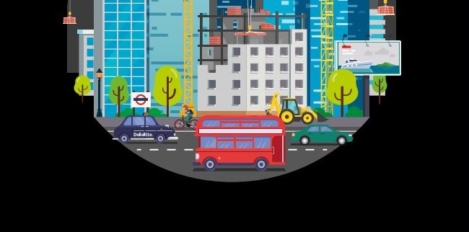
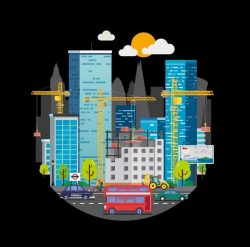









 Employers need to better understand the needs of younger candidates, particularly that of flexible working, says Gartner, after its latest Global Labor Market Survey claims that a rise in Gen Z candidate’s regrets is leading to high turnover, low engagement and low productivity. According to the survey, 40 percent of Gen Z respondents reported that they would not repeat their decision to accept the job offer they had accepted and only 51 percent said they could see themselves having a long career at their organisation. More than one-third of candidates who regret their decision intend to leave their position within 12 months.
Employers need to better understand the needs of younger candidates, particularly that of flexible working, says Gartner, after its latest Global Labor Market Survey claims that a rise in Gen Z candidate’s regrets is leading to high turnover, low engagement and low productivity. According to the survey, 40 percent of Gen Z respondents reported that they would not repeat their decision to accept the job offer they had accepted and only 51 percent said they could see themselves having a long career at their organisation. More than one-third of candidates who regret their decision intend to leave their position within 12 months.
 Digital disruption has led to a rise in the number of FTSE 100 CEOs with a background in technology, but age, education and gender diversity remain stagnant, claim the results of the annual
Digital disruption has led to a rise in the number of FTSE 100 CEOs with a background in technology, but age, education and gender diversity remain stagnant, claim the results of the annual 












May 16, 2019
Working from home and the future of work. How quaint 0
by Mark Eltringham • Comment, Flexible working, Property, Technology
(more…)